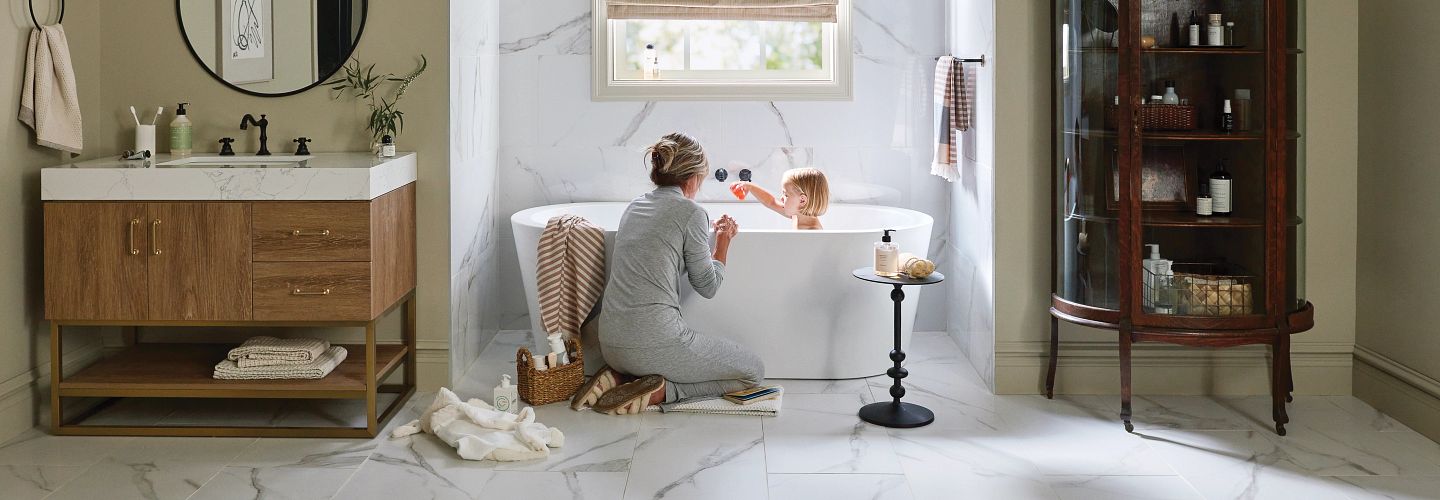The Benefits of Flooring Financing

As with many home improvement projects, new flooring can come with a significant price tag. Even if you are self-installing, you could be looking at a hefty bill for materials alone, plus any additional supplies and tools that may be required. And if you are paying for professional installation, the price increases dramatically. In this economy, it is not at all unusual to be feeling pinched as prices for everything continue to climb. So what are the options, when you need new floors but don’t have cash in hand to cover the cost? Below are some thoughts on how to pay for your project.
Cash or Credit?
Cash is king, but credit is just as good, right? Simply put, no. Even if you have space on a credit card to cover the cost, making large purchases that bring your balance close to your credit limit can have a negative effect on your credit rating.
Some cards will offer a promotional offer, with 0% or low interest, for a limited amount of time. If you are lucky enough to find one, that is an option, provided you are also self-disciplined enough to pay off the balance before the offer expires. At the end of a promotional rate, there is always the standard rate, which can average 25% or more, depending on the deal. Credit card companies are smart; they know that consumers will forget and neglect to pay off the purchase in time, allowing them to collect the interest.

How About a Loan?
Another option, similar to credit, is to use a loan to complete the flooring purchase. Many retailers offer financing options. They run a credit check and, provided the score is within an acceptable range, qualify the homeowner for a loan at a set rate to cover the purchase. Once a loan is approved, work can begin and homeowners make payments over time to pay off the purchase. Note that this is only open to homeowners. Lenders require collateral, in this case, home ownership.
The terms of loans can vary and depend on individual credit scores, which can affect the interest rate and length of the loan. Sometimes, a lender will require a percentage down to qualify; other times, they won’t, which can be very helpful for a homeowner who would like to hold on to their cash.
The real benefit of vendor financing is the rates they can offer. Unlike credit cards, which can average between 20 and 30%, loans financed through a vendor have much lower rates, typically less than 15%, but many times as low as 9.99%. Often, lenders will offer a promotional rate of 0%, which increases to a higher rate after a period of time until the loan is paid off.
Home improvement, compared to other ways to invest, offers not only an increase in the equity of a home but an improved quality of life. Each homeowner needs to leverage the cost of the project and how it will impact their budget against how much it can potentially impact their lifestyle. In many cases, a small payment spread over a length of time at a modest interest rate is money well spent! If you’d like to learn more, or if you are ready to take the plunge into flooring renovation, contact the professionals at Bud Polley's Floor Center. We can help review options for floor styles and costs, installation and financing, and make your project as painless as possible!
